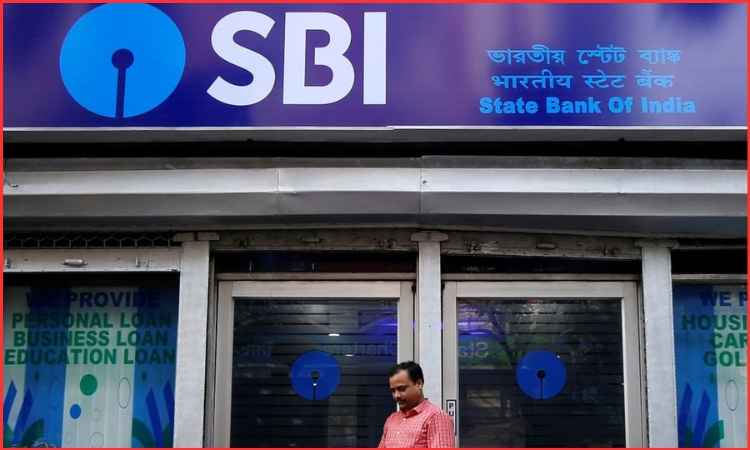
Source: moneycontrol
The State Bank of India (SBI) has revised its fixed deposit (FD) rates for select tenures to 6.9% (on behalf of some tenures) from April 15, 2023, in a big blow to the classic saver. The action targets medium-term deposits, mainly those greater than two years and less than three years’ tenures. Even while it retains higher rates for senior citizens or select categories, this is part of a broader story on declining fixed-income returns.
The declining FD rates have made the debt mutual funds more appealing investment avenues. More than 118 debt mutual fund schemes have beaten FDs over the last three years, giving annualised returns of 7-14.3%, according to a recent analysis by ETMutualFunds. Buoyed by their strong performance, retail investors searched out mutual funds to get better yields.
Some of the top-performing debt funds include:
- Aditya Birla SL Medium Term Plan – 14.3% annualised return
- DSP Credit Risk Fund – 13.9%
- Aditya Birla SL Credit Risk Fund – 10.6%
- UTI Medium to Long Duration Fund – 10.1%
- SBI Magnum Gilt Fund – 8.6%
- ICICI Pru Constant Maturity Gilt Fund – 8.5%
- SBI Magnum Constant Maturity Fund – 8.5%
Such returns are far ahead of the freshly revised FD rates, making a strong case for diversification into debt mutual funds. Then recently, with the market’s crash, investors needed assistance and help to manage their portfolio. Debt funds invest in fixed-income instruments such as government securities, corporate bonds, and money market instruments, unlike equity mutual funds. They also have risks such as interest rate risk and credit risk, but they tend to offer better returns than FDs, particularly when interest rates are declining.
The shift for traditional investors who are very capital-tight is that debt mutual funds may have higher management cost or risk exposure compared to FD. But instruments such as gilt funds and constant maturity funds invest in government securities, which make them relatively safe, however with a potential for better yields. Further debt funds provide better liquidity and tax efficiency compared to bonds, particularly for investors going for the long term.
In summary, The fall of SBI’s FD rates is making a shift in investor attitude. With over 118 debt mutual fund schemes performing better than fixed deposits, investors now have compelling options to consider. As ever, investment decisions should fit with one’s financial goals, risk appetite, and investment horizon, ideally in consultation with a duly accredited financial adviser.















